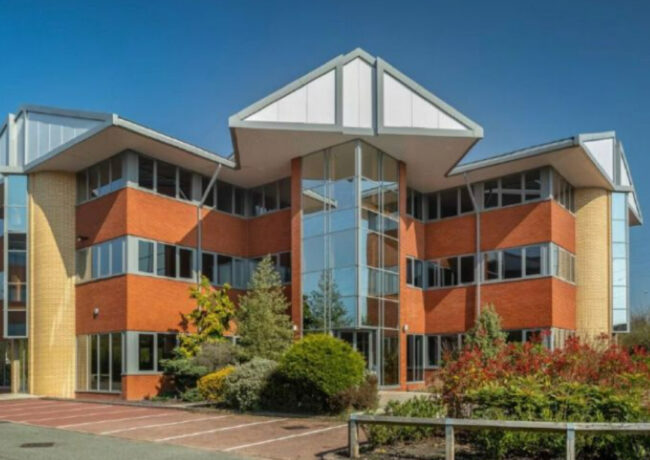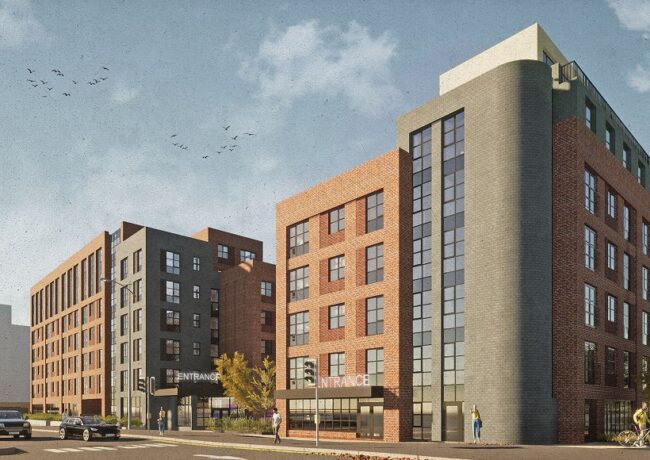JLL briefing: UK base rates on hold at 0.50%
Base rates remained unchanged for a sixth consecutive month in September. The Bank of England is expected to keep interest rates at this level into 2010 whilst continuing its quantitative easing programme.
The extension of the QE programme by a further £50bn last month reflects concerns about growth prospects, reaffirmed by the worse-than-expected second quarter GDP result which shows real GDP contracting by 0.7% over the quarter.
James Thomas, head of residential development and investment at Jones Lang LaSalle: "The residential market continues to show continued optimism with the Council of Mortgage Lenders reporting gross lending to have risen 60% in five months. Similarly, UK house prices increased for a sixth consecutive month according to Nationwide, having risen 8.4% since February.
"Prices have now fallen by -14.4% from the peak, with the gap having been narrowed from the February low of -20.6%.
"While the recent improvement in the market is encouraging, it is impossible to ignore the short-term risks posed to the UK residential sector by rising unemployment and poor credit availability. We anticipate the current market revival to be unsustainable and predict a further contraction in prices during 2010 by -7%."
Paul Guest, head of EMEA research at Jones Lang LaSalle, said: "For corporate occupiers, the themes of today are cost reduction and containment, capital optimisation through portfolios and a strong focus on core, whether location, operation or people. Taking us to the end of 2009, therefore, we expect an environment of corporate demand driven by tenants taking advantage of lease events to drive down costs and create flexibility within their leases. As capital loosens more will be in a position to take advantage of market conditions, but we do not anticipate a substantial build up of latent demand at present.
"In terms of investment, the UK commercial property market has bottomed out. Total returns in the latest IPD Monthly Index turned positive in July 2009 as falling yields improved capital values for the first time since the credit crunch took hold. This partly reflects the strong investor demand for prime assets which has now spread to markets outside London and this will support values and prices in the short term.
"However, the principal short term risk to commercial property is the stability of the rental income stream in the current weak economic environment. In addition, shorter lease terms and the prospect of paying empty rates are adding further pressures on incentives. The extension of lower borrowing costs in the face of a fragile recovery and no risk of a short-term spike in inflation will help sustain the economic recovery, thereby supporting business sales and ultimately property income growth."



